Top 16 CDNs to Speed Up Your Website
A Content Delivery Network (CDN) is a network of servers or nodes spread around the world that stores and delivers the components of a website such as images, videos, or other static files. It can help both big and small websites deliver their content to users at the fastest speeds possible.

If you’re new to the world of CDNs, it might seem intimidating when you’re trying to choose one that best fits your website. That’s why we’ve collected some of the best CDN providers in this post to review them based on several factors such as ease of use, security features, performance, and many more.
How CDNs Make Your Website Faster
When you try to access a webpage on the Internet, the CDN checks your location and provides you with the content from the nearest server. This can shorten the page load time, enhance your experience, and improve the website’s performance.
The importance of using a powerful CDN is more understood when countless users are trying to access your website at the same time. On such occasions, CDNs deliver your website’s components fast, which increases engagement and enhances the website’s search engine rankings.
Other Benefits of Using a CDN
Other than increasing the load speed, CDNs come with several other advantages for a website’s performance. They can cache and deliver content from the edge of the network to considerably reduce the load on the origin server. It frees up resources and improves the website’s scalability.
Enhanced Security
CDNs can also enhance a website’s security. They protect your website against DDoS attacks using techniques such as rate limiting, IP blocking, and geoblocking. These techniques can prevent malicious traffic from accessing the origin server.
Smart Networking
CDNs can also offer smart networking features such as smart routing and load balancing. These features help a CDN deviate the traffic towards the most efficient server. To do so, CDNs check some factors such as server load, network latency, and geographic location.
Website Optimization
Some CDNs provide on-the-fly features for website optimization, including image and video compression, minification, and caching. These features help website owners enhance their website performance even more and reduce their bandwidth usage.
Is CDN for Everyone?
Yes, everyone can take advantage of CDNs for their websites. Some people think CDNs are only useful for global websites, while even local websites can make use of all CDN advantages such as faster page load times, enhanced security, and improved website scalability.
The good news is that there are lots of free or low-cost CDNs available that even small websites can use. Since the entry threshold is minimal with these CDNs, no website owner should hesitate to use these tools to enhance the performance of their websites and improve their user experience.
Now, let’s learn more about top CDNs that can speed up the performance of your website.
Free CDNs
1. Cloudflare

Cloudflare is a user-friendly CDN that’s packed with advanced features. To set up Cloudflare, you just need to update your DNS nameservers. Then, the service will automatically cache content and deliver it to visitors from their nearest location.
Cloudflare comes with a plethora of practical features. For example, web filtering in Cloudflare blocks bots, limits content spam, and detects/mitigates DDoS attacks. Also, smart image optimization helps you lessen the image file size by up to 35% for quicker load speeds.
Some other features of Cloudflare are:
- Support for IPv6, HTTP/2, and SPDY
- Smart page rules to manipulate traffic
- A REST API to help developers take full control of the service
- Flan Scan, a light network vulnerability scanner
The free plan is great and helps you use the service with unlimited bandwidth and no restrictions.
| Benefits | Drawbacks |
|---|---|
|
|
2. Gcore
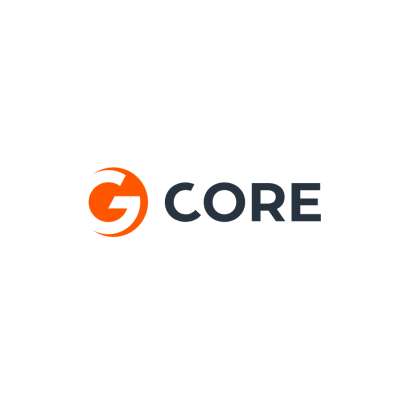 Gcore provides customers with lots of useful management hosting packages and a powerful CDN. The network covers over 130 locations and more than 140 PoPs around the world which is considerably more compared with competitors.
Gcore provides customers with lots of useful management hosting packages and a powerful CDN. The network covers over 130 locations and more than 140 PoPs around the world which is considerably more compared with competitors.
Gcore can automatically grab files from servers when it needs them. Their average latency is as low as 30 ms worldwide. It also offers a prefetching feature that loads content even before users request it to deliver the best performance.
Gcore offers several security features such as free shared SSL and Let’s Encrypt certificates. Also, the system comes with a plethora of content protection and access control settings.
| Benefits | Drawbacks |
|---|---|
|
|
3. Hostry

Hostry is mainly a hosting provider that’s based in Europe. Although it’s not among the major CDN providers, Hostry furnishes different high-quality products such as its VPS plans. The service offers a free CDN plan that supports up to 10GB/month of bandwidth; however, this bandwidth isn’t adequate for websites with high traffic.
As a traditional CDN, Hostry helps you use a free CName for white-labeling. Users in North America and Europe can take advantage of Hostry the most, though the service doesn’t offer any distinct security features. If you need an inexpensive option with more bandwidth, you can count on Hostry’s premium plans.
| Benefits | Drawbacks |
|---|---|
|
|
CDNs Provided by the Giants
4. Google Cloud CDN

Google Cloud platform offers over 90 IT services, and Google Cloud CDN is just one of them. The CDN is equipped with numerous features. For example, a worldwide IP address can be assigned to customers for free. It’s also free to generate SSL protocols.
The service is backed by Google’s infrastructure; therefore, it can support higher speeds compared with other CDNs. SSL/TLS is used for the encryption and security of the customers. Although the setup process is very complicated, it’s a suitable platform for businesses that already use Google as their cloud provider.
The cost of using Google Cloud CDN mainly depends on the amount of data you use monthly in addition to the respective region.
| Benefits | Drawbacks |
|---|---|
|
|
5. Amazon CloudFront

Amazon CloudFront is a CDN that’s integrated with Amazon Web Services (AWS) cloud provider. AWS provides services such as Amazon EC2, Amazon S3, and Amazon Route 53. CloudFront is accessible through the Web Services API.
The CDN has high server density and a flexible Amazon backbone network that helps users enjoy high performance and availability. CloudFront offers security features such as the AWS Shield Standard and the AWS Certificate Manager to protect customers and manage SSL certificates.
In the case of support, Amazon CloudFront isn’t one of the best options out there. It’s also good to know that the prices depend on the amount of data transferred.
| Benefits | Drawbacks |
|---|---|
|
|
6. Microsoft Azure CDN

Microsoft’s CDN works nicely with Akamai and Verizon providers to furnish a powerful infrastructure. It helps customers choose one of the providers that match their preferred requirements and regions the most.
It’s needless to say that Azure CDN works best for companies that already use Microsoft tools. The integration with the mentioned providers also helps customers enjoy high speeds and good server coverage.
Although the setup of the service is roughly complicated, users can take advantage of educational aids such as videos. What’s more, the service’s pricing is based on your specific zone and the outbound traffic.
| Benefits | Drawbacks |
|---|---|
|
|
7. Akamai
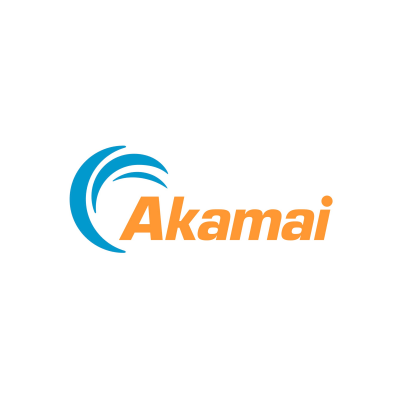
Akamai is an old and widely used CDN provider that claims to serve up to 30% of all Internet traffic. Their coverage is remarkably high with almost 275,000 servers in more than 135 countries. They also offer 24/7 customer support which is fantastic.
Generally speaking, the setup process is rather complicated if you’re new to the world of CDNs. The CDN comes with a bunch of features and offers great performance. It’s good to know that CDNPref ranks Akamai among the top eight fastest services around the world.
Although their pricing is somewhat vague, the team is easy to contact to get the exact quota. You can contact them via email, phone, or live chat.
| Benefits | Drawbacks |
|---|---|
|
|
Other CDN Providers
8. Fastly
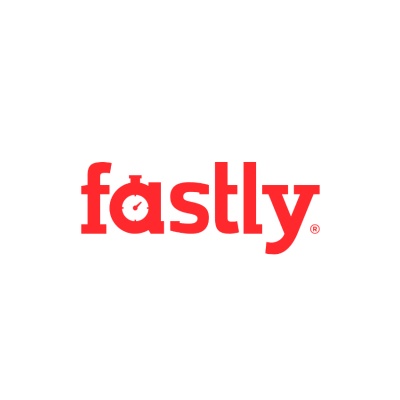
Fastly is a flexible cloud firm based in San Francisco that works with several giants such as Spotify, GitHub, Ticketmaster, Kickstarter, and more. Their CDN uses a reverse proxy model that’s simpler than models such as Cloudflare.
To use Fastly, you just need to update your website’s CName record with the domain registrar; afterward, the CDN will work simply without the need for modifying the codes. After the setup is completed, Fastly works analogous to any other CDN.
Fastly offers 20 PoPs in North America, 13 in Europe, 6 in South America, 8 in Asia, 6 in New Zealand and Australia, and 2 in Africa. Therefore, most online users will experience a quick performance in general.
| Benefits | Drawbacks |
|---|---|
|
|
9. KeyCDN
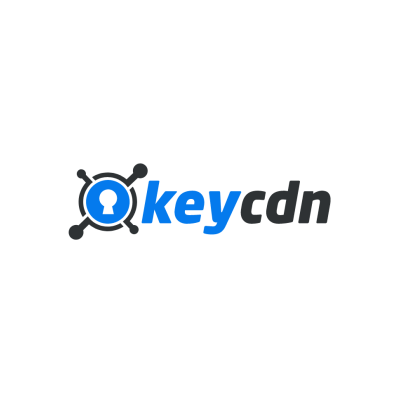
KeyCDN is a low-cost, user-friendly CDN provider that’s among the best ones for beginners. After you simply sign up, you’re immediately given 25GB to start. With minimum clicks, you can build your first zone. Also, you can integrate the service with WordPress and other apps.
KeyCDN supports IPV6. More experienced users will enjoy options such as Origin Shield that help them define a KeyCDN server as the source for updates instead of the origin, which lowers the load on the server.
Other features include a set of reporting tools to watch CDN performance, image optimization features, and blacklisting the domains that are hotlinking content.
| Benefits | Drawbacks |
|---|---|
|
|
10. Leaseweb
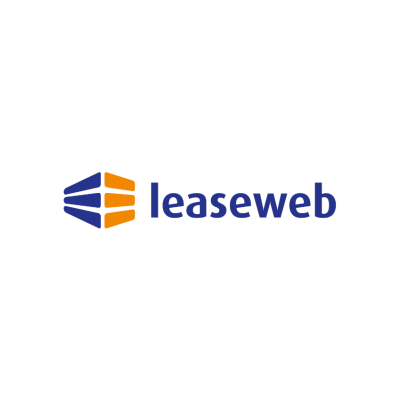
Leaseweb is a powerful CDN that’s best for enterprise operations, but regular business users can also take advantage of it. Even with their basic subscription, you can make use of almost all the same security and CDN features that famous competitors offer.
The service offers a well-designed console to supervise your needs, which is complete with many settings and tweaks. Also, some thorough statistical graphs and charts show numerous useful stats such as visitor and traffic breakdowns, cache performance, and more.
In the case of performance, Leaseweb might be just a little behind competitors, though it’s not very much tangible. In general, you can safely go with the service if you want a complete set of features in your CDN provider.
| Benefits | Drawbacks |
|---|---|
|
|
11. Lumen
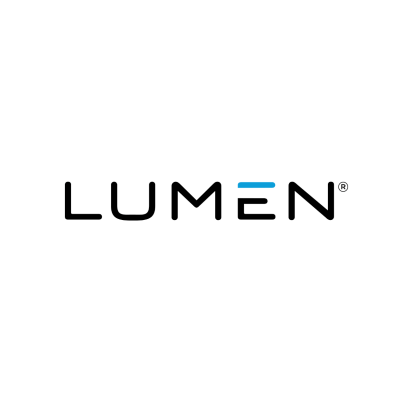
Lumen (formerly known as Centurylink) offers several services, but their CDN is on top of them. Their CDN comes with PoPs in numerous countries and their main focus is on video, large object delivery, and edge computing. They feature 170 Tbps of global edge capacity in 95 cities around the world.
Lumen CDN offers a bunch of features, including:
- TCP optimizations for object transfer
- HTTP/2, HTTP/3, QUIC, and IPv6
- Optimized traffic localization
- 24/7 regional and global NOCs
- SSL certificate management
- Let’s Encrypt
- Geo-blocking and cloud authentication
- Image optimization
- Object prefetch
| Benefits | Drawbacks |
|---|---|
|
|
12. StackPath
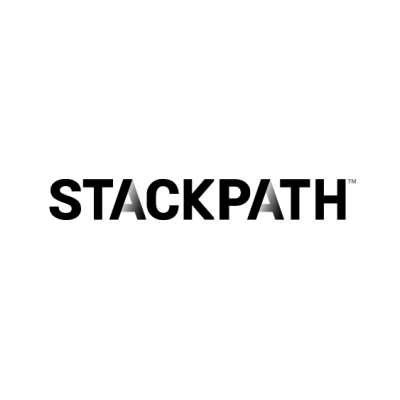
StackPath is another CDN provider that offers more than 50 PoPs around the world in over 35 locations, though their focus is mainly on the West. They offer 14 points of presence in North America. StackPath’s performance is predictably good in the U.S., U.K., and Europe. However, you may experience performance drops in other areas of the world.
The service is user-friendly and offers a complete web console to help you manage your settings. If you get stuck at some point, their efficient technical support can be immediately contacted via live chat or phone.
In the case of security features, StackPath offers shared SSL and lets you use your preferred SSL certificate too. You can also use anti-DDoS technology, a powerful Web Application Firewall, and EdgeRules, a powerful tool to customize StackPath at different phases of the CDN request.
| Benefits | Drawbacks |
|---|---|
|
|
13. BelugaCDN
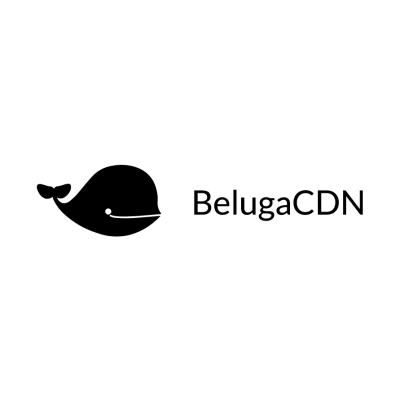
BelugaCDN is an American hosting company that primarily focuses on U.S. business websites, but is also present in several other countries such as Turkey, India, Brazil, and Argentina. It’s one of the best options for American customers if they need a budget CDN provider.
Although BelugaCDN is new to the scene (founded in 2015), the team behind it has over 15 years of experience in the industry. That’s why the service offers a set of high-tech servers that provide ultra-fast SSDs.
Features of BelugaCDN include:
- Built-in DDoS protection
- IPv6 network
- Dual-stack technology for faster websites
- Real-time traffic insights
- Intuitive user interface
- Instant purging
- Tools for protecting and securing your content such as Token Auth, Full SSL, Geo-Blocking, and Two-Step Rate Limiting
| Benefits | Drawbacks |
|---|---|
|
|
14. Bunny.Net

Bunny.Net is another CDN provider that’s based in Slovenia and offers a complete set of features and more than 10,000 customers, including Hyundai and Comic-Con. They cover 53 locations in the world, including 19 in Europe, 13 in North America, and 16 in Asia and Oceania.
You can take advantage of the main CDN features on Bunny.Net too, including free Let’s Encrypt SSL, HTTP/2 and Brotli compression, access control by blocking IPs, and a thorough rule-based system with many controls. However, you can’t see any advanced security features.
| Benefits | Drawbacks |
|---|---|
|
|
15. CDN77
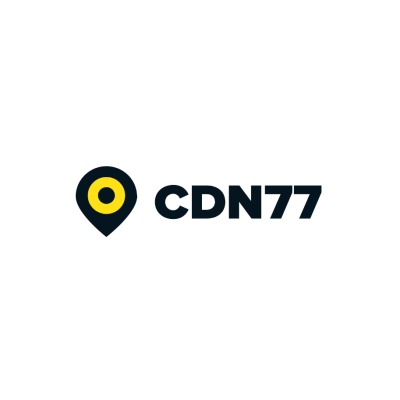
CDN77 is a famous player in the game of CDNs with gigantic clients such as the European Space Agency. The service offers a network that covers more than 35 data centers globally, with many of them located in Europe and the U.S.
The platform comes with a user-friendly web console interface that’s best for novices. On the other hand, this user-friendliness comes at the cost of lacking a versatile set of options.
In the case of performance, CDN77 doesn’t deliver very fast speeds, but it doesn’t dissatisfy you. You’ll enjoy a free Let’s Encrypt SSL certificate, and the service has a high value considering its pricing.
| Benefits | Drawbacks |
|---|---|
|
|
16. CacheFly
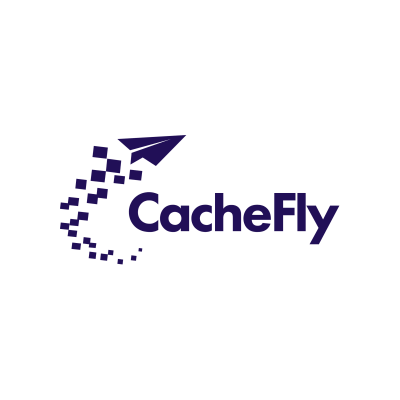
With over 15 years of experience, CacheFly is a CDN company that offers private, hybrid, and multi-CDN solutions to various companies in the U.S. and many other countries.
CacheFly doesn’t offer routine hosting solutions as it’s not originally a hosting provider, but it offers over 40 servers spread around the world. The service relies on TCP Anycast for network routing, instead of DNS-based global load balancing.
Some other features of CacheFly are 100% availability SLA, infinite scalability, an easy-to-use portal, and simple third-party integration. CacheFly is a perfect CDN for video streaming websites, but it doesn’t work properly for websites with dynamic content like social media websites.
| Benefits | Drawbacks |
|---|---|
|
|
Which CDN Provider is Best for Me?
Now that you know the top CDN providers on the market, you may wonder which one fits your website needs the most. To find out, you should initially evaluate the size of your website, your bandwidth needs, and where your traffic mainly comes from.
Then, check the provider’s network size and geographic distribution. Those with many servers and wider coverage provide faster speeds. You should also check the features of the service for more exact decisions, including ease of use, image optimization, pricing, and more.






